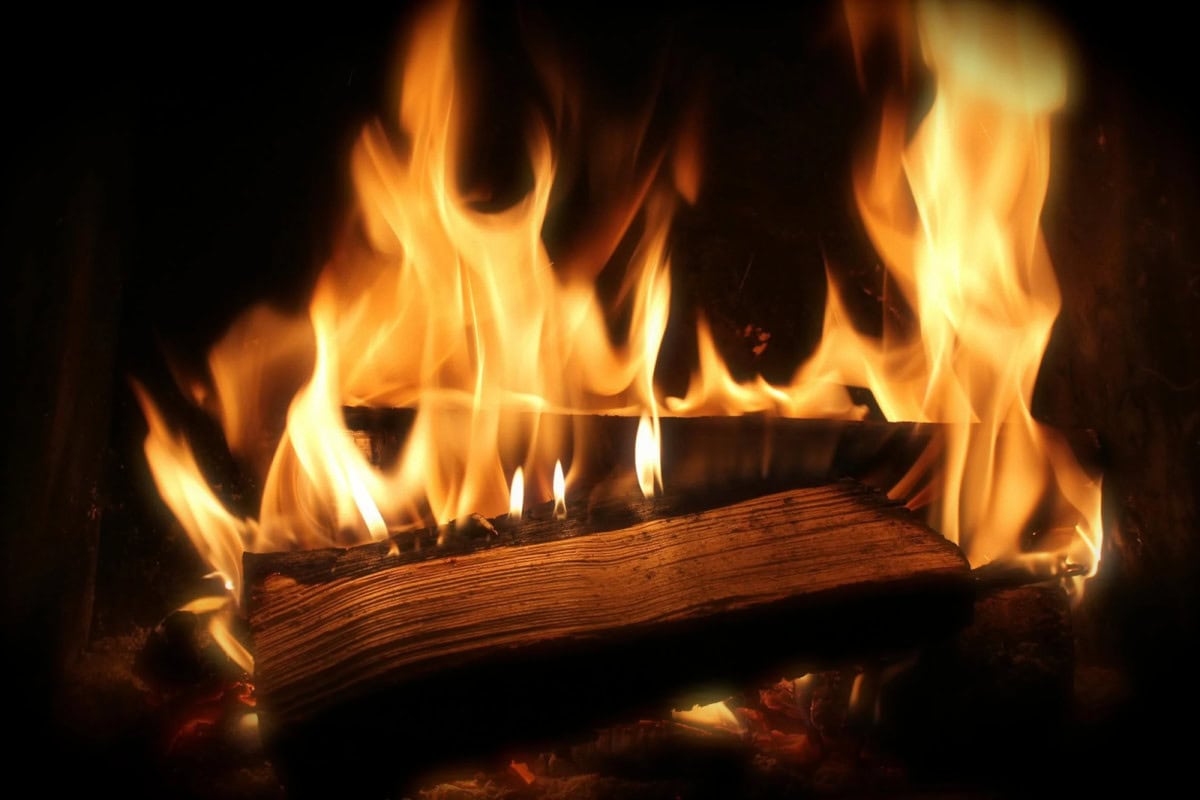Fire safety is one of the most crucial responsibilities of every homeowner. Ensuring that your home and family are protected requires a proactive approach, including education, preventive measures, and knowing what to do in an emergency. Here are essential fire safety tips that every homeowner should know to keep their property and loved ones safe.

Install Smoke Alarms and Test Them Regularly
Smoke alarms are one of the most important lines of defense against house fires. Make sure to install smoke alarms on every level of your home, especially in bedrooms and hallways. When it comes to these systems, the heat generated from a house fire can damage their components, rendering them ineffective if not properly maintained and tested. Test these alarms monthly to ensure they are functioning properly, and replace the batteries at least once a year.
Create and Practice a Fire Escape Plan
Every household should have a fire escape plan in place. Identify multiple exit routes for each room, and make sure that all family members understand what to do in the event of a fire. Practice your escape plan at least twice a year, including nighttime drills, to ensure everyone is familiar with the procedures.
Keep Fire Extinguishers Accessible
Fire extinguishers can be lifesaving in the event of a small fire. Place a fire extinguisher in key areas like the kitchen, garage, and near fireplaces. Make sure family members know how to use them properly by following the PASS method: Pull the pin, Aim the nozzle, Squeeze the handle, and Sweep at the base of the fire.
Be Cautious with Flammable Materials and Candles
Many household products are flammable, such as cleaning supplies, paints, and solvents. Store these items in a well-ventilated area away from any heat sources or open flames. Make sure to keep matches and lighters out of the reach of children to prevent accidents.
Candles are a common cause of house fires when left unattended or placed near flammable objects. Always place candles on a stable, heat-resistant surface and extinguish them before leaving the room or going to sleep. Consider using flameless LED candles as a safer alternative.
Practice Kitchen Safety
The kitchen is one of the most common places where house fires start. Never leave cooking food unattended, especially when using a stovetop. Keep flammable items like dish towels and paper towels away from heat sources. In case of a grease fire, never use water – instead, smother the fire by placing a lid on the pan or using a fire extinguisher.
Inspect Electrical Systems Regularly
Faulty electrical wiring is a leading cause of house fires. Regularly inspect your home’s electrical system for any signs of wear, such as frayed cords or discolored outlets. Avoid overloading outlets and replace damaged cords immediately. Consider hiring a licensed electrician to conduct a thorough inspection every few years.
Keep an Eye on Heating Systems
Heating systems, whether it’s a furnace, space heater, or fireplace, need to be used safely to prevent fires. Keep space heaters at least three feet away from flammable materials, and never leave them unattended. For fireplaces, use a screen to contain sparks and have your chimney inspected and cleaned annually to prevent creosote buildup.
Properly Maintain Your Dryer
Lint buildup in dryers is a common fire hazard. Clean the lint filter after every use, and check the dryer vent regularly for any blockages. Ensure that the exhaust vent is free from obstructions to prevent overheating.
Fire Safety Education for Children
Educating children about fire safety is crucial. Teach them how to stop, drop, and roll if their clothes catch fire. Make sure they understand the importance of not hiding during a fire and how to safely exit the home. Use child-friendly fire drills to reinforce these lessons in a non-scary way.
Outdoor Fire Safety
Outdoor areas also require fire safety attention. Keep your grill at least ten feet away from the house and never leave it unattended while in use. If you have a fire pit, make sure it is in an open area, away from overhanging branches or dry grass. Always have a bucket of water or a hose nearby in case the fire spreads.
Install Fire-Resistant Building Materials
When building or renovating your home, consider using fire-resistant materials such as metal roofing, brick, or fire-rated drywall. These materials can help slow the spread of fire and provide extra protection. Fire-resistant landscaping, such as using gravel instead of mulch and keeping trees pruned, can also help protect your home.

Fire safety is a critical aspect of homeownership that requires ongoing vigilance. By installing smoke alarms, creating an escape plan, being mindful of potential hazards, and educating all household members about fire safety, you can significantly reduce the risk of a house fire. These preventive measures not only protect your property but also ensure the safety and well-being of your loved ones.



